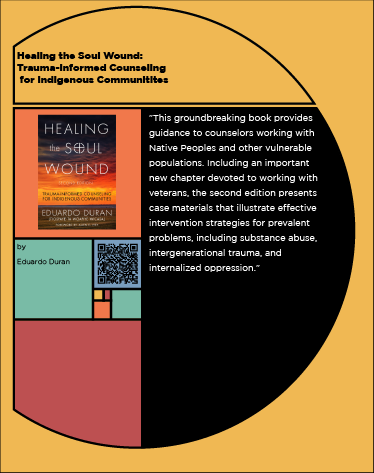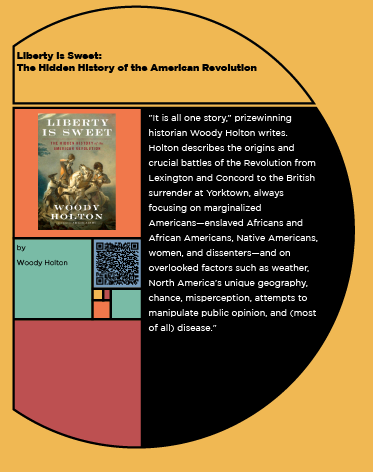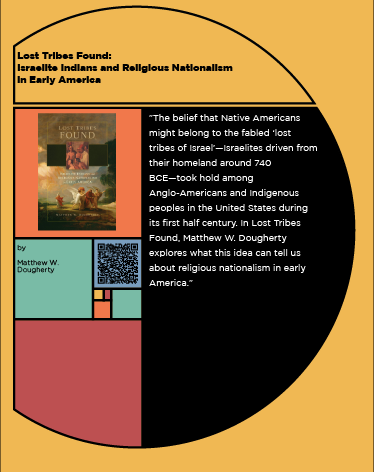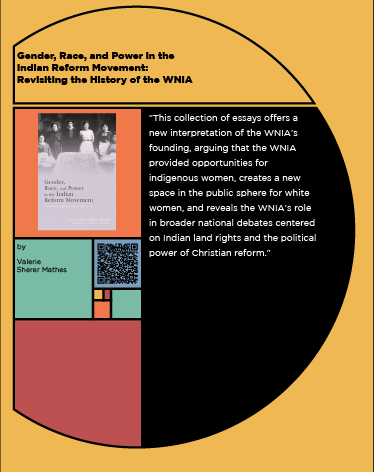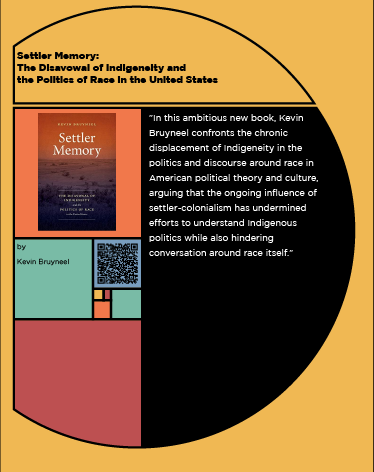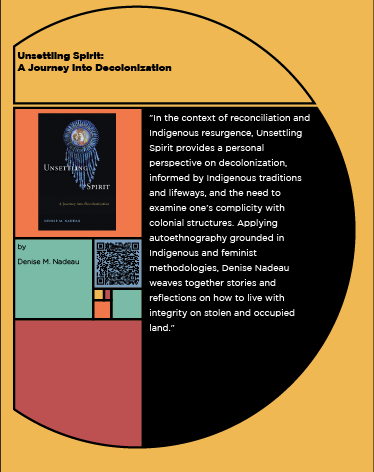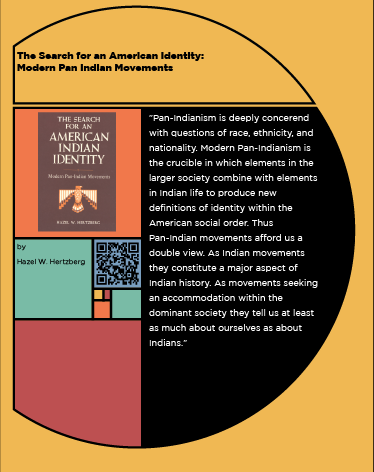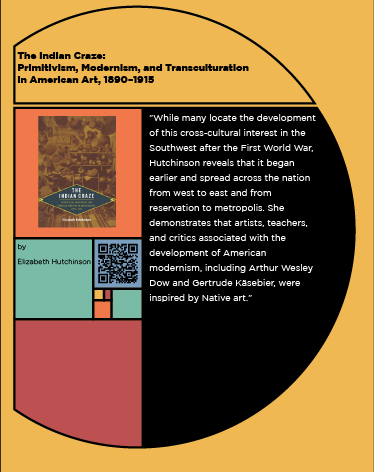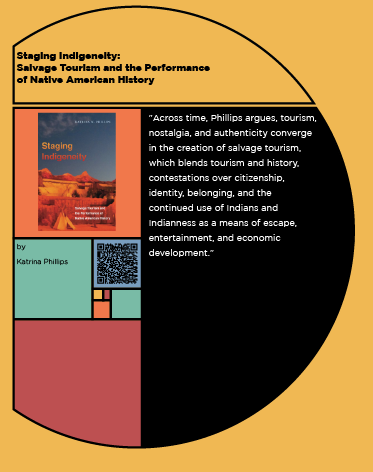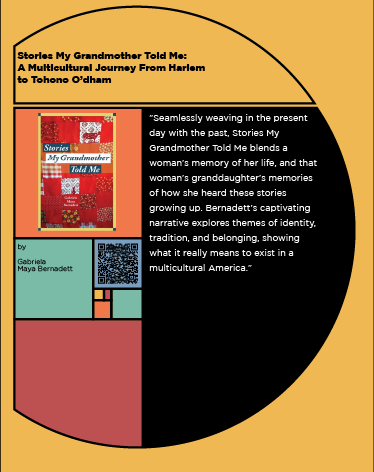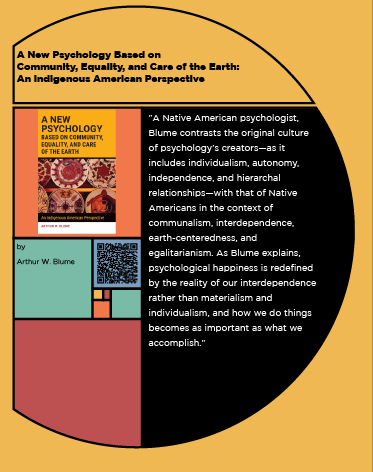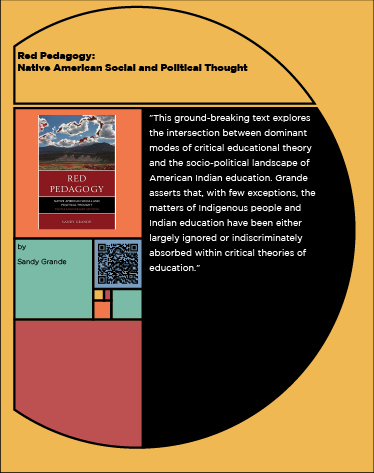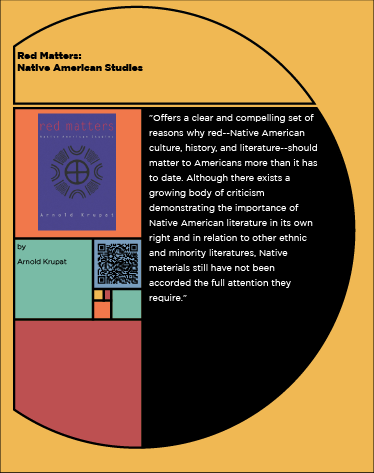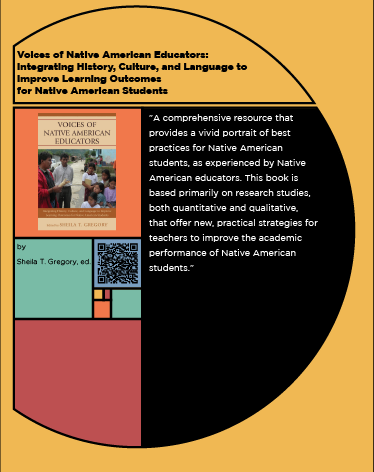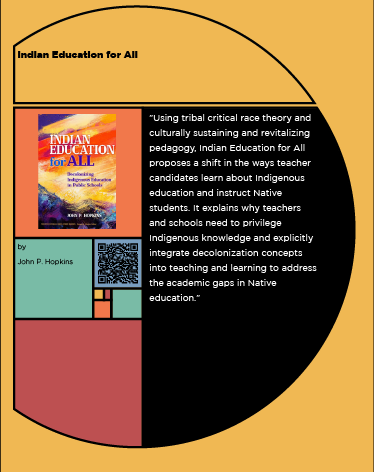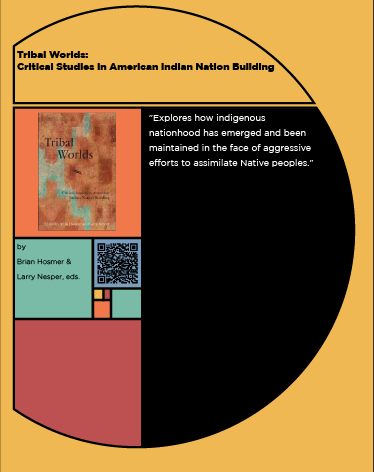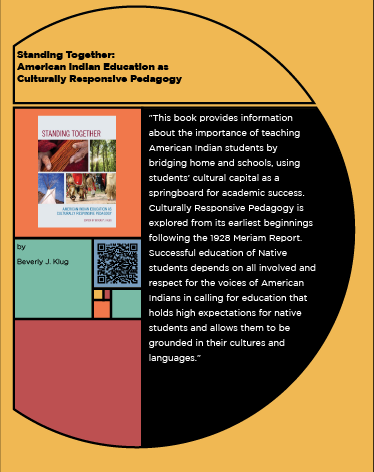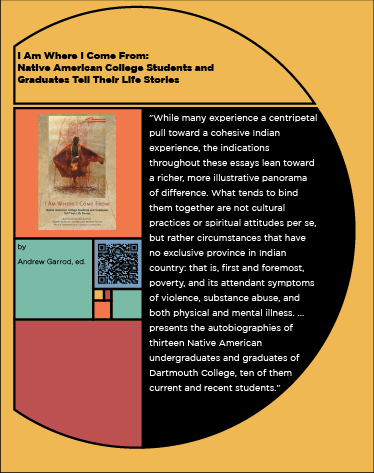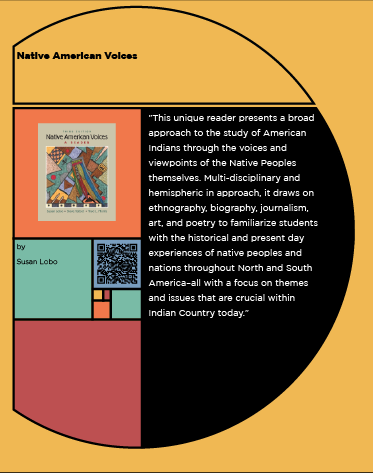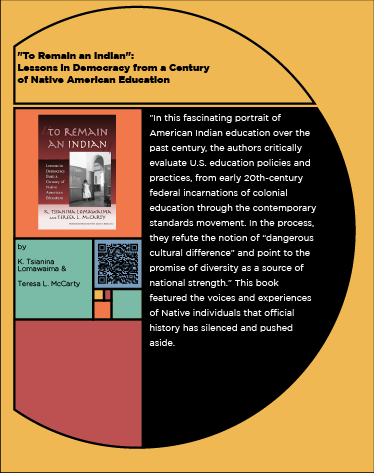Indigenous America: Voices and Viewpoints
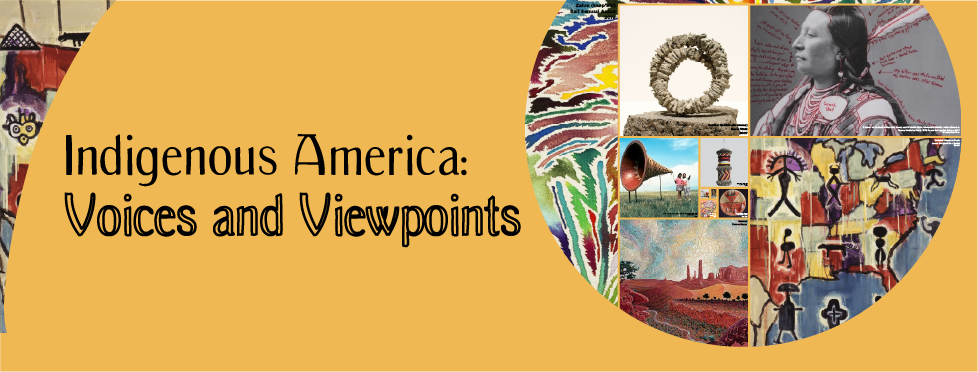
If we wonder often, the gift of knowledge will come.
– Arapaho
Native American Indian Heritage Month was officially recognized in 1990 by President of the United States George H. W. Bush, who declared November accordingly as a time to celebrate the rich histories, diverse cultures, and significant contributions of our nation's first people. Now, in a time of growing awareness and response to the movements and needs of many marginalized groups, we must wonder at the complex history of our indigenous peoples and how their story requires special attention within the landscape of learning and realities of today.
Native American Indian Heritage Month was officially recognized in 1990 by President of the United States George H. W. Bush, who declared November accordingly as a time to celebrate the rich histories, diverse cultures, and significant contributions of our nation's first people. Now, in a time of growing awareness and response to the movements and needs of many marginalized groups, we must wonder at the complex history of our indigenous peoples and how their story requires special attention within the landscape of learning and realities of today.
Indigenous America: Voices and Viewpoints explores wide interpretations of history, religion, politics, psychology, and education, as expressed from numerous perspectives, native and non-native, hopeful of increasing awareness and engagement. In the month of November, a time of Thanksgiving, but also of mourning by indigenous Americans, acknowledgment is due to the researchers, scholars, teachers, and practitioners who address these critical issues and help us remember marginalized populations, which include over 500 federally recognized tribes living in the United States.
Looking at the involvement of Teachers College, we draw attention to contributions of Hazel Hertzberg, Professor of History and Education, whose scholarship focused on the Indigenous people of North America, and whose publications introduced seventh-grade anthropology curriculum for New York students as part of the Anthropology Curriculum Project. Decades earlier, Native American Indian art was incorporated into the practical work of the students of Arthur Wesley Dow, Professor of Fine Arts, while units on Native Americans were infused into the curriculum of the experimental and demonstration schools of Teachers College. Fall 2022 courses include: Indigenous Curriculum & Teaching: Sovereignty and Survivance in Theory and Practice; Multicultural Counseling and Psychology; Organizing Schools for Diversity; Climate Change, Society, and Education; Decolonial Theories in Comparative Education; and Education Across the Americas.
This book display is curated by Jennifer Govan, Library Director and Senior Librarian, and designed by Trisha Barton, Gottesman's Lead Designer.
Tell me and I’ll forget. Show me, and I may not remember. Involve me, and I’ll understand.
- "Unknown Tribe"
- "Unknown Tribe"
Click image for e-book.
